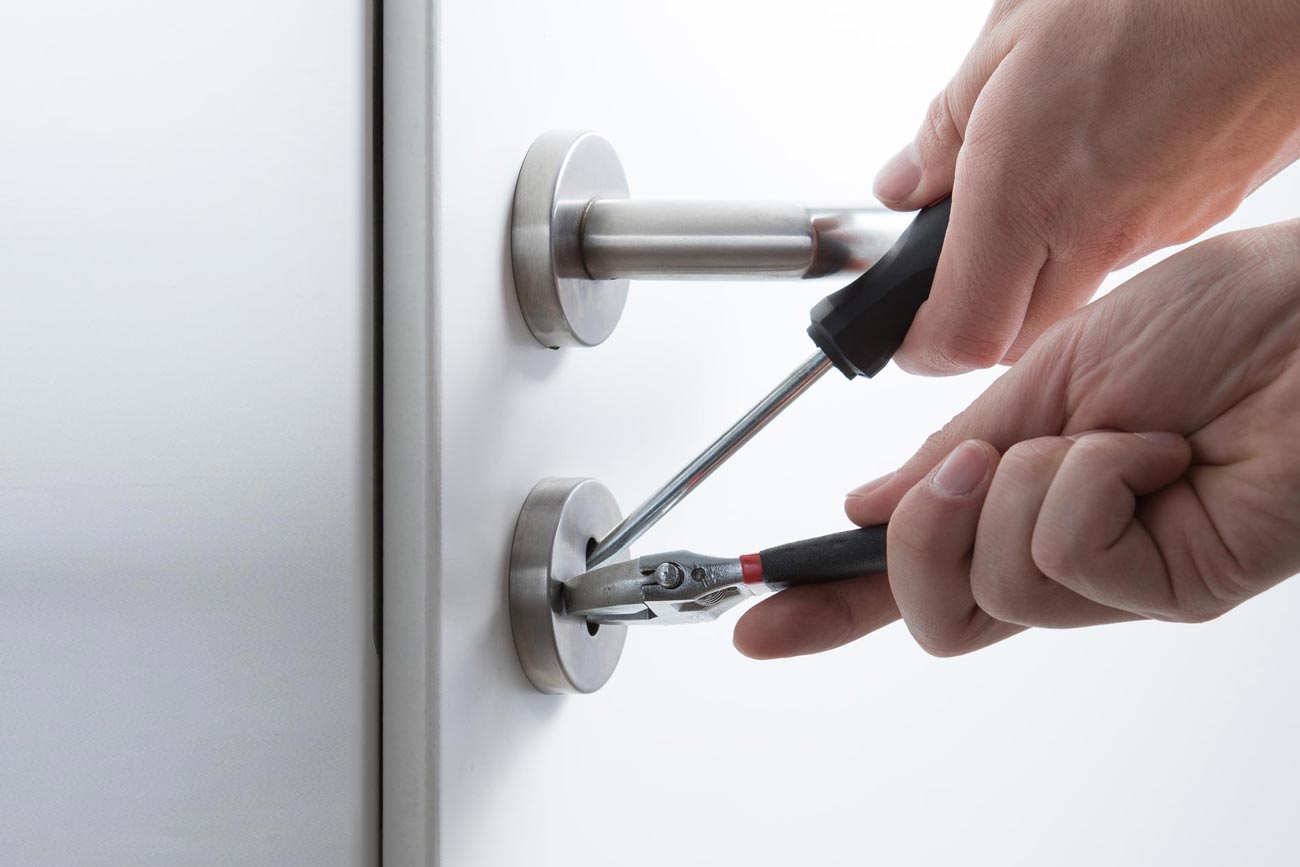Locksmiths play a crucial role in ensuring the safety and security of our homes, businesses, and vehicles. They are responsible for installing, repairing, and maintaining locks, keys, and security systems. However, not all locksmiths are created equal. Some are Professional locksmith in Grange with the necessary knowledge and skills to do the job right, while others lack the required training and qualifications.
This is where licensing and certification come in. Licensing and certification are essential for professional locksmiths to demonstrate their competence, credibility, and commitment to providing high-quality services. In this article, we will explore the importance of licensing and certification for professional locksmiths.
What is a License?
A license is a legal document issued by a government agency that grants permission to an individual or business to perform a particular activity. In the case of locksmiths, a license indicates that the individual or business has met certain requirements, such as completing a specific amount of training and passing an exam.
Licensing helps to protect consumers by ensuring that locksmiths are qualified to perform the work they are hired to do. It also helps to prevent unscrupulous individuals from operating as locksmiths and taking advantage of unsuspecting customers.
What is Certification?
Certification is a process by which an individual or business demonstrates that they have met certain standards of knowledge and skill in a particular field. In the case of locksmiths, certification is usually awarded by a professional association or organization.
Certification helps to establish a locksmith’s credibility and competence in the eyes of potential customers. It also helps to distinguish a professional locksmith from someone who is unqualified or inexperienced.
Why is Licensing Important for Professional Locksmiths?
Licensing is important for professional locksmiths because it helps to protect consumers and ensure that locksmiths are qualified to perform the work they are hired to do. Here are some of the key benefits of licensing for locksmiths:
Protects Consumers
One of the most important benefits of licensing for locksmiths is that it protects consumers. By requiring locksmiths to meet certain standards of training and knowledge, licensing helps to ensure that consumers receive high-quality services. It also helps to prevent unqualified individuals from operating as locksmiths and potentially causing harm to consumers.
Establishes Professionalism
Licensing helps to establish professionalism in the locksmith industry. When a locksmith is licensed, it demonstrates that they are serious about their profession and committed to providing high-quality services. This can help to instill confidence in potential customers and differentiate a licensed locksmith from someone who is unqualified or inexperienced.
Ensures Competence
Licensing ensures that locksmiths are competent to perform the work they are hired to do. By requiring locksmiths to complete a certain amount of training and pass an exam, licensing helps to ensure that locksmiths have the knowledge and skills necessary to provide high-quality services. This can help to prevent mistakes and ensure that customers are satisfied with the work performed.
Prevents Fraud
Licensing helps to prevent fraud in the locksmith industry. By requiring locksmiths to be licensed, it makes it more difficult for unscrupulous individuals to operate as locksmiths and take advantage of unsuspecting consumers. This can help to prevent fraud and protect consumers from financial losses and other types of harm.
Why is Certification Important for Professional Locksmiths?
Certification is important for professional locksmiths because it helps to establish their credibility and competence in the eyes of potential customers. Here are some of the key benefits of certification for locksmiths:
Establishes Credibility
Certification helps to establish a locksmith’s credibility in the eyes of potential customers. By demonstrating that they have met certain standards of knowledge and skill, certified locksmiths can instill confidence in potential customers and differentiate themselves from unqualified or inexperienced locksmiths.
Demonstrates Competence
Certification demonstrates a locksmith’s competence in their profession. By meeting the requirements for certification, locksmiths can prove that they have the necessary knowledge and skills to perform their job with excellence. This can lead to greater customer satisfaction, as well as positive word-of-mouth recommendations and referrals.
Increases Opportunities
Certification can open up new opportunities for professional locksmiths. Many organizations, including government agencies and large corporations, require locksmiths to be certified before they will consider hiring them. Certification can also increase the chances of being selected for higher-paying jobs and contracts, which can lead to greater financial stability and success.
Provides Continuing Education
Certification often requires ongoing education and training, which can help locksmiths stay up-to-date with the latest technologies and techniques in their field. This ongoing education can help locksmiths improve their skills and knowledge, which can lead to better job performance and greater customer satisfaction.
Promotes Professionalism
Certification promotes professionalism in the locksmith industry. By requiring locksmiths to meet certain standards of knowledge and skill, certification helps to establish a baseline of professionalism and excellence. This can help to improve the overall reputation of the locksmith industry, as well as lead to greater trust and confidence in locksmiths as service providers.
Conclusion
In conclusion, licensing and certification are essential for professional locksmiths to demonstrate their competence, credibility, and commitment to providing high-quality services. Licensing helps to protect consumers, establish professionalism, ensure competence, and prevent fraud in the locksmith industry. Certification helps to establish credibility, demonstrate competence, increase opportunities, provide continuing education, and promote professionalism.
Consumers should always look for licensed and certified locksmiths when seeking locksmith services to ensure that they are working with qualified professionals who can provide the highest level of service and security. Professional locksmiths should seek out licensing and certification to demonstrate their expertise and commitment to their profession, and to differentiate themselves from unqualified or inexperienced locksmiths.

Leave a Reply